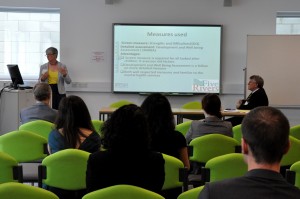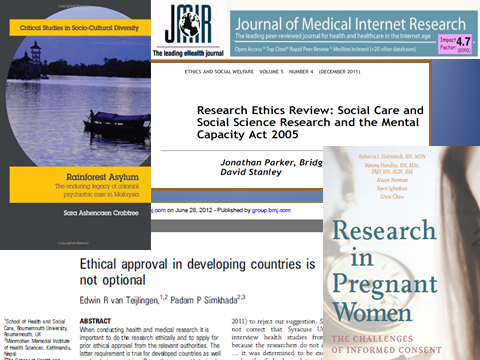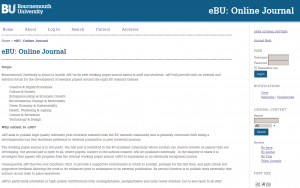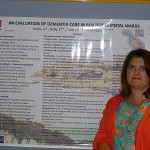As part of the Fusion Investment Fund, we (Prof Jonathan Parker & Dr Sara Ashencaen Crabtree) won a study leave grant throughout the current academic year.
Our project aims to create sustainable research and education opportunities across BU through the establishment of a social science research, education and professional practice network with Southeast Asian and Asian universities. An aim which also enhances and builds on our personal research agendas that will lead to the development of robust Research Council funding applications, and contribute to fusion and the BU 2018 vision.
The project will identify, scope and establish a sustainable social science research academic network across BU. This aim has been initiated through discussion with some key individuals in BU and the potential to develop, in 2014-15, research council bids in respect of:
a. gender relations and practices in the professions
b. understanding the ways in which conflict resolution is culturally specific and that learning can enhance our opportunities for establishing social cohesion and a reduction of conflict
c. examination of the neo-imperialism of research ethics scrutiny from Western perspectives
d. it may also lead to work in respect of sustainability in the lives of indigenous peoples.
The core part of the study leave will develop and conduct research and research collaboration in Southeast Asia, predominantly Malaysia but including Cambodia, and Hong Kong. As part of our study leave we have both been awarded visiting Professor status at Universiti Kebangsaan Malaysia (UKM) in Kuala Lumpur where we will spend January until April 2014, followed by visiting professorships at Universiti Sains Malaysia (USM) in Penang from April until July. We will also be visiting universities in Hong Kong, Cambodia and Universiti Malaysia Sarawak (UNIMAS) in Kuching, East Malaysia.
Four core fusion and BU 2018 objectives underpin our project. These will result in funded research bids, increased student experience, and reputational enhancement for BU, and will be achieved through four workstreams:
Research:
1. establish a sustainable research network promoting social sciences and interdisciplinary research at BU (workstream 1).
2. develop research streams of locally specific or cross-cultural relevance (workstream 2).
Education:
3. engage and promote educational initiatives via guest lectures/research seminars, developing joint postgraduate research supervision and educational initiatives promoting student mobility, e.g. credit transfer (workstream 3).
Professional Practice:
4. engage in discipline-specific activities in relation to social work/development and welfare (workstream 4).
We have been invited to join the Tasik Chini Research Centre at UKM, a centre dedicated to research concerning the ravaged freshwater lake near Kuala Lumpur. As part of our research we will be undertaking an ethnography and conflict resolution narrative work with the Jakun tribe of the Orang Asli (the indigenous people of the region) with a view to promoting the marginalised voices of these people, disenfranchised by modernising agendas. We will also be researching approaches to unfair and wrongful discrimination in social welfare practices in the UK and Malaysia.
We look forward to keeping BU colleagues up-to-date with our work in Southeast Asia through our blogs. For those interested in developing research across these areas please contact us as we wish to ensure that social science research is highlighted across BU.

























 Writing policy briefs
Writing policy briefs Upholding Excellence: The Concordat to Support Research Integrity
Upholding Excellence: The Concordat to Support Research Integrity Today’s Documentation Will Serve Tomorrow’s Justice
Today’s Documentation Will Serve Tomorrow’s Justice Up2U: New BU academic publication
Up2U: New BU academic publication New BU midwifery paper
New BU midwifery paper ECR Funding Open Call: Research Culture & Community Grant – Application Deadline Friday 12 December
ECR Funding Open Call: Research Culture & Community Grant – Application Deadline Friday 12 December MSCA Postdoctoral Fellowships 2025 Call
MSCA Postdoctoral Fellowships 2025 Call ERC Advanced Grant 2025 Webinar
ERC Advanced Grant 2025 Webinar Horizon Europe Work Programme 2025 Published
Horizon Europe Work Programme 2025 Published Horizon Europe 2025 Work Programme pre-Published
Horizon Europe 2025 Work Programme pre-Published Update on UKRO services
Update on UKRO services European research project exploring use of ‘virtual twins’ to better manage metabolic associated fatty liver disease
European research project exploring use of ‘virtual twins’ to better manage metabolic associated fatty liver disease